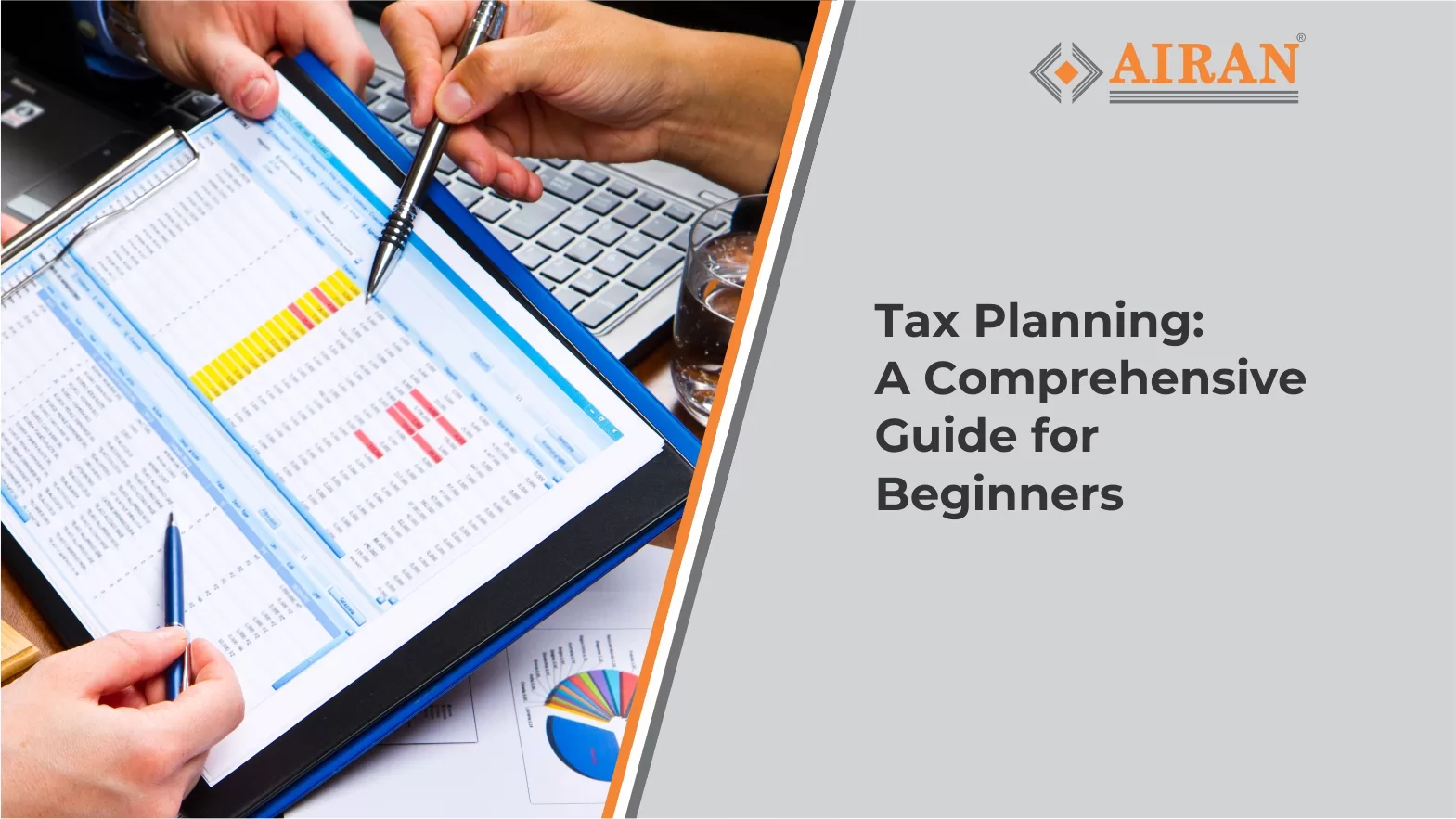Tax Planning: A Comprehensive Guide for Beginners
Tax planning is an essential process that individuals and businesses undertake to ensure that they pay the minimum tax required by law. In Australia, taxes are a significant source of revenue for the government and play a vital role in the country’s economic development. As such, individuals and businesses need to understand the tax system and plan their finances accordingly.
So first of all, let’s know what tax planning is and why tax planning is crucial for any business. Tax service refers to analyzing an individual’s or business’s financial situation to identify opportunities to minimize tax liabilities. Tax planning involves looking for ways to legally reduce the amount of taxes paid by taking advantage of various tax incentives and exemptions. Tax service is not about evading taxes but rather about minimizing the amount of taxes one must pay. The main objective of tax planning is to maximize financial resources, which can be reinvested in business or personal investments.
This blog will explore tax planning in detail and provide a comprehensive guide for beginners in Australia.
Understanding the Tax System in Australia
Before diving into tax planning, it is crucial to understand the tax system in Australia. The Australian government divides the taxation system into three main categories: income tax, goods and services tax (GST), and other taxes like fringe benefits tax, capital gains tax, and superannuation tax.
Income tax is the most significant source of revenue for the Australian government. The government requires individuals to pay taxes on their income, which includes salaries, wages, and investments. Similarly, businesses must pay income tax on their profits.
The GST is a value-added tax applied to most goods and services in Australia. It is a tax of 10% on the final price of goods and services.
Fringe benefits tax (FBT) is the tax employers pay on certain employee benefits. Capital gains tax (CGT) is a tax paid on the profit from selling an asset, such as property or shares. A superannuation tax is paid on contributions made to a superannuation fund.
What is the importance of tax planning?
Tax planning refers to analyzing an individual or business’s financial situation to identify opportunities to minimize tax liability. This service involves looking for ways to legally reduce the amount of taxes paid by taking advantage of various tax incentives and exemptions.
Tax Planning Strategies for Beginners
Individuals can use several tax planning strategies to minimize their tax burden. Here are some essential tax planning strategies for individuals in Australia:
Claiming Deductions
Individuals can claim deductions on expenses related to their work or business. Some standard deductions include work-related expenses, charitable donations, and investment-related expenses.
Maximize Superannuation Contributions
Superannuation is a retirement savings scheme in Australia. Individuals can maximize their superannuation contributions to reduce their taxable income.
Investing in Tax-Effective Investments
Investing in tax-effective investments, such as shares or property, can reduce the tax paid on income.
Understanding Capital Gains Tax
Understanding the capital gains tax rules can help individuals minimize their tax liability when selling assets such as property or shares.
Tax Planning Strategies for Businesses
Businesses can also use several tax planning strategies to minimize their tax burden. Here are some essential tax planning strategies for businesses in Australia:
Claiming Deductions
Businesses can claim deductions on expenses related to their business, including salaries, wages, and rent.
Choosing the Right Business Structure
Choosing the proper business structure, such as a sole trader, partnership, or company, can help businesses minimize their tax liability.
Managing Superannuation Contributions
Managing superannuation contributions for employees can help businesses minimize their tax liabilit
Useful tips to help you get started Tax Planning
Understand the Tax System
The first step in tax preparation is to understand the Australian tax system.
The tax system in Australia is managed by the Australian Taxation Office (ATO), with the purpose of collecting funds for public services like healthcare, education, and infrastructure. Australia follows a progressive tax rate, wherein individuals with higher income levels are subject to higher tax rates. The tax rates are divided into different income brackets, changing each financial year.
Identify Deductions and Credits
The next step in tax planning is to identify any deductions and credits that you are eligible for. Deductions lower your taxable income, while credits reduce your tax liability by providing payment. Some common deductions and credits in Australia include:
Work-related expenses: You can claim deductions for any expenses that are directly related to your jobs, such as uniforms, tools, and training.
Investment expenses: If you have made any investments, you can claim deductions for related expenses, such as interest on loans or fees for financial advice.
Donations: If you have made charitable donations, you may be eligible for tax credits.
Plan Your Retirement
Tax planning involves considering retirement savings as a crucial aspect. In Australia, the government provides retirement plans like superannuation funds, offering tax benefits while helping you save for retirement. By contributing to your superannuation fund, you can reduce your taxable income and benefit from the government’s co-contribution scheme.
Seek Professional Advice
If you are new to tax planning, it can be helpful to seek professional advice. A tax accountant or financial planner can help you understand tax laws and regulations and guide you on how to manage your finances effectively. They can also help you identify any tax-saving opportunities you may have yet to consider.
Keep Records
Finally, keeping records of all your income and expenses is essential. This will make it easier to file your tax returns accurately and help you identify any deductions or credits you may be eligible for. Make sure to keep receipts, invoices, and bank statements, and keep them organized and easily accessible.
Conclusion
In summary, tax planning may seem complex and overwhelming, but with the right knowledge and guidance, you can effectively manage your finances and achieve tax savings. By understanding the tax system, identifying deductions and credits, planning your retirement, seeking professional advice, and keeping records, you can maximize your tax savings and achieve financial success. We provide tax preparation services that will help you to manage your finances. Get in touch with us if you have any queries.




